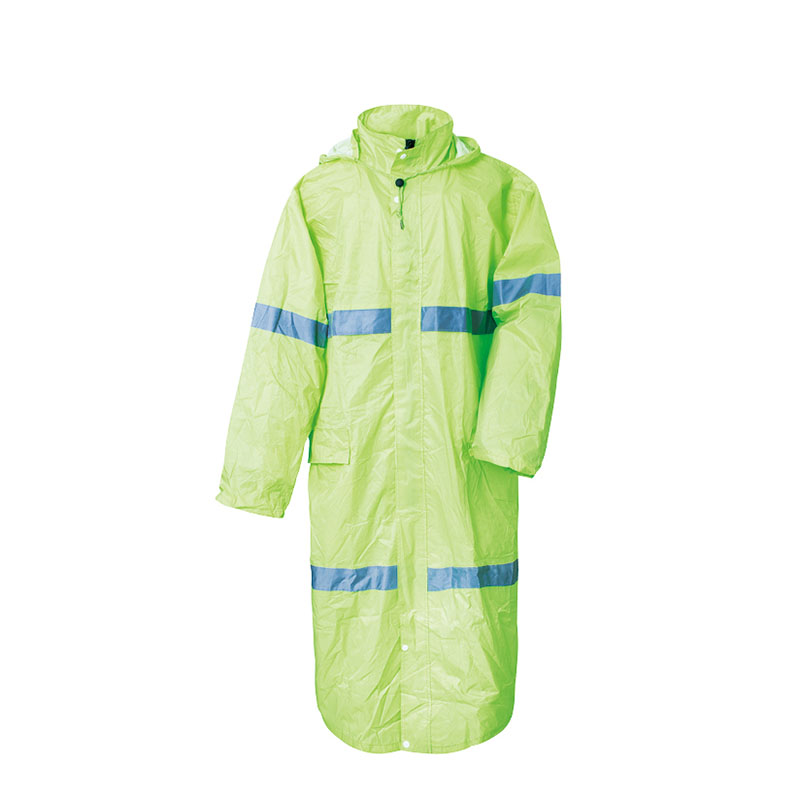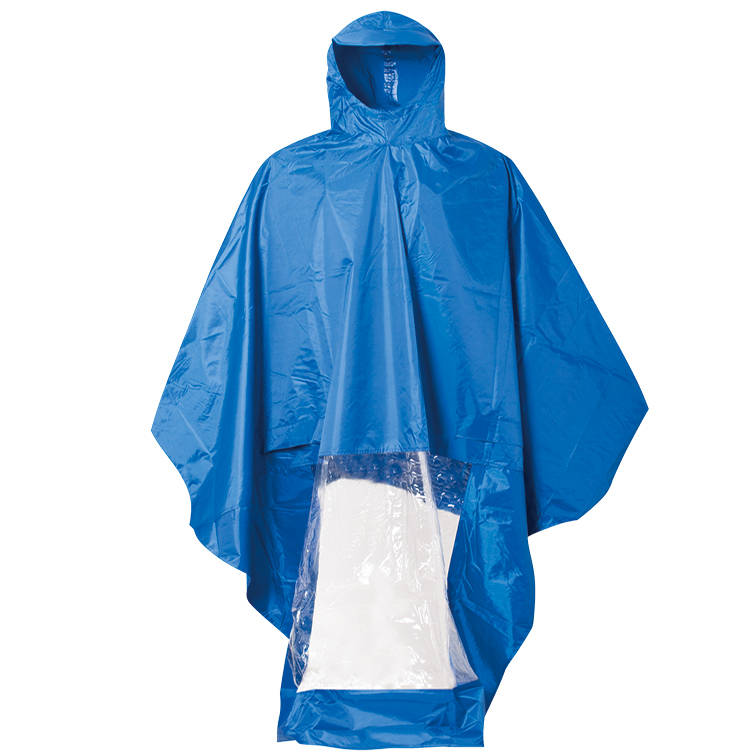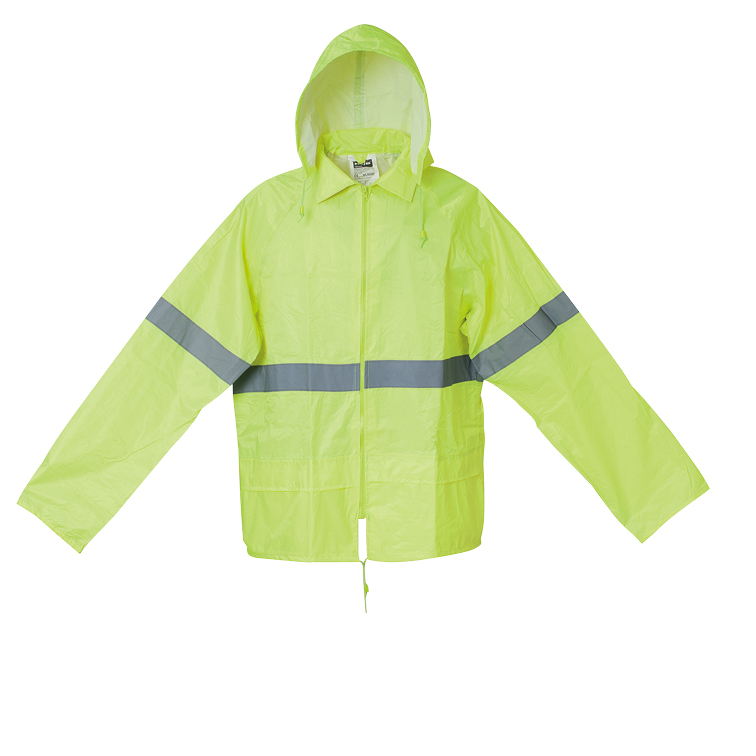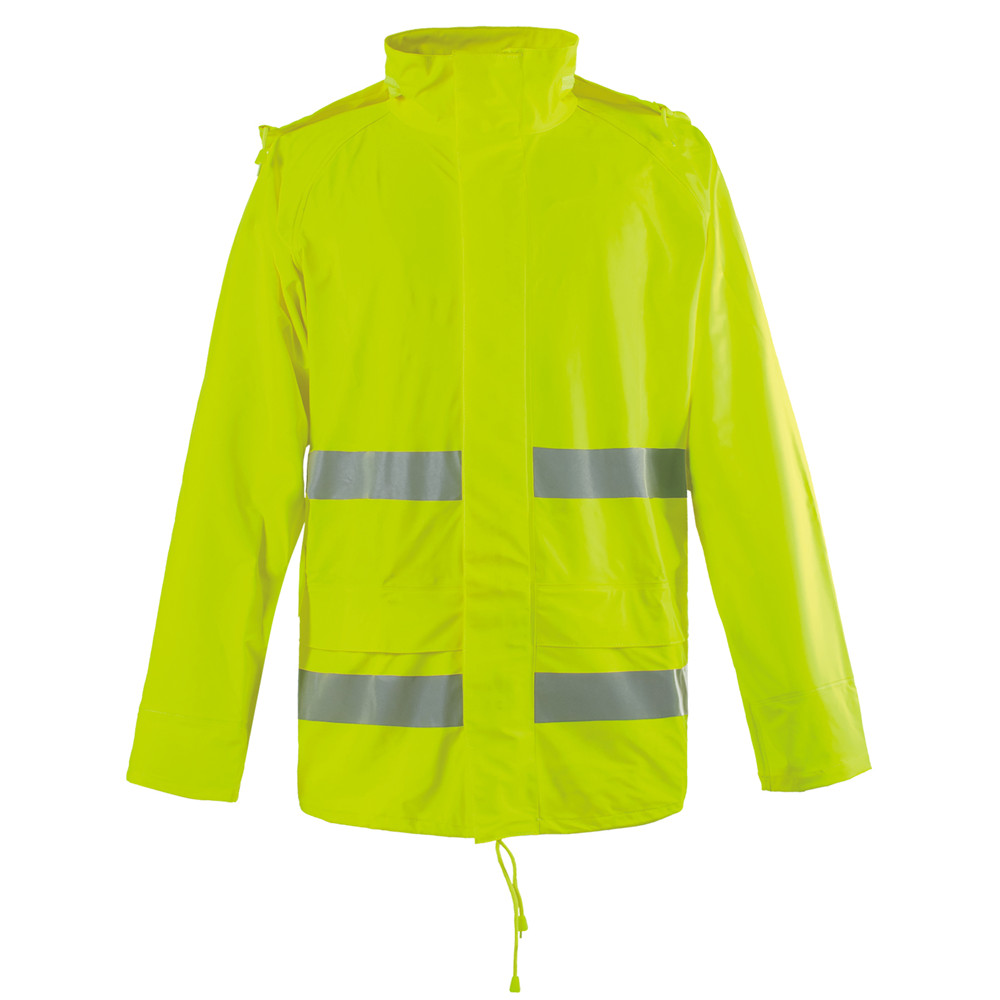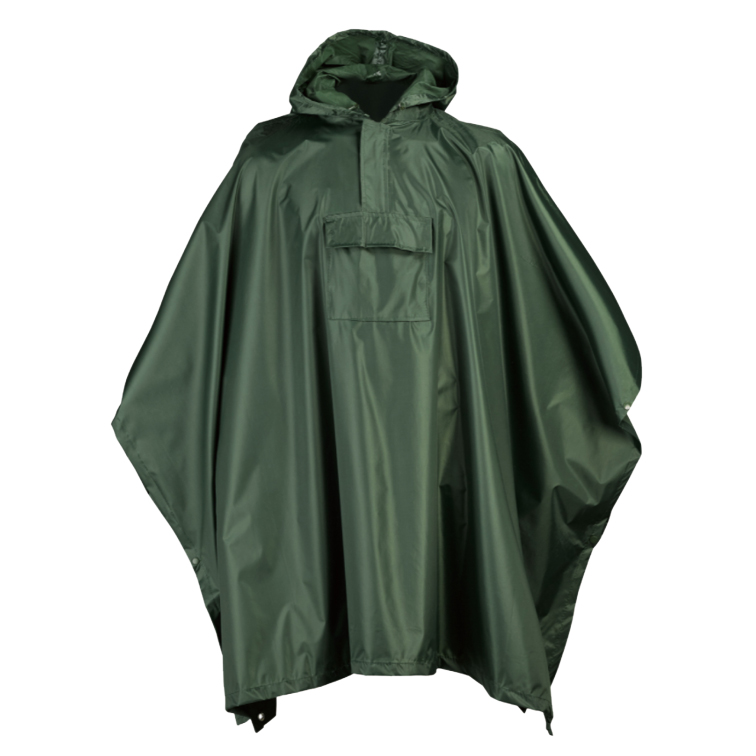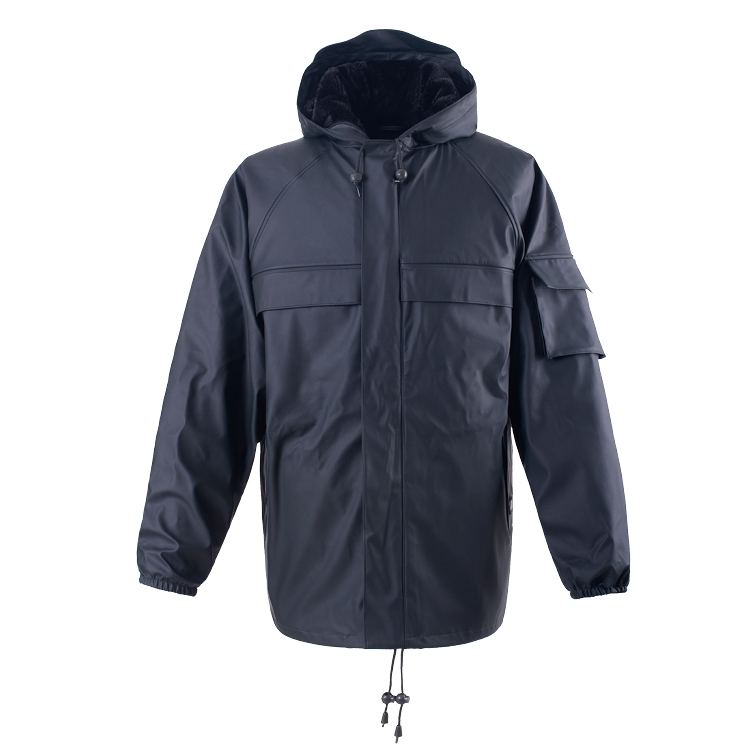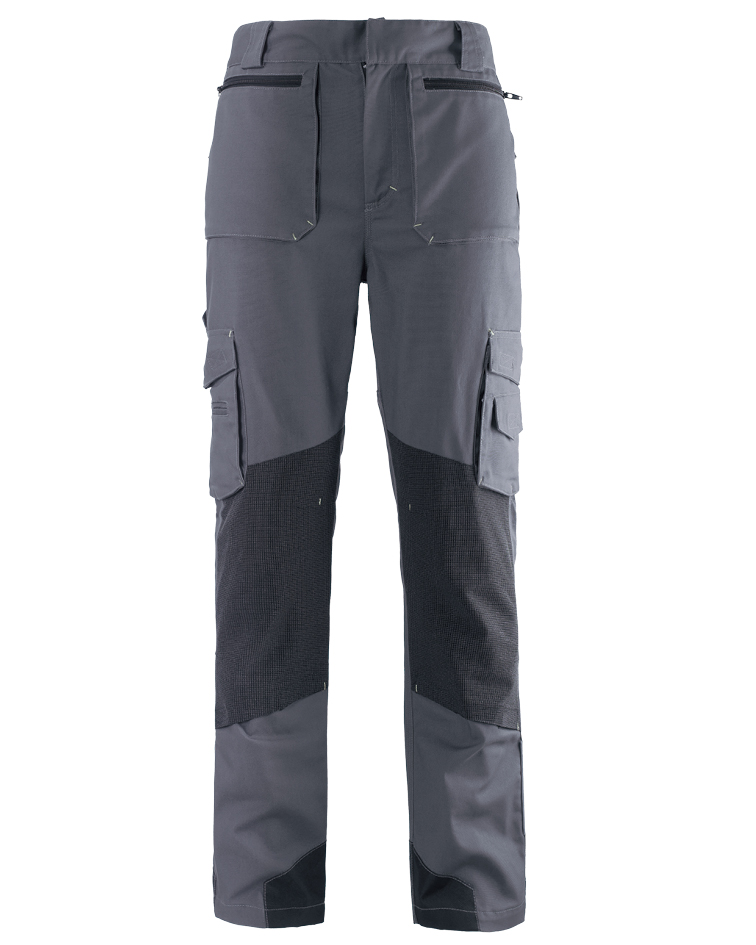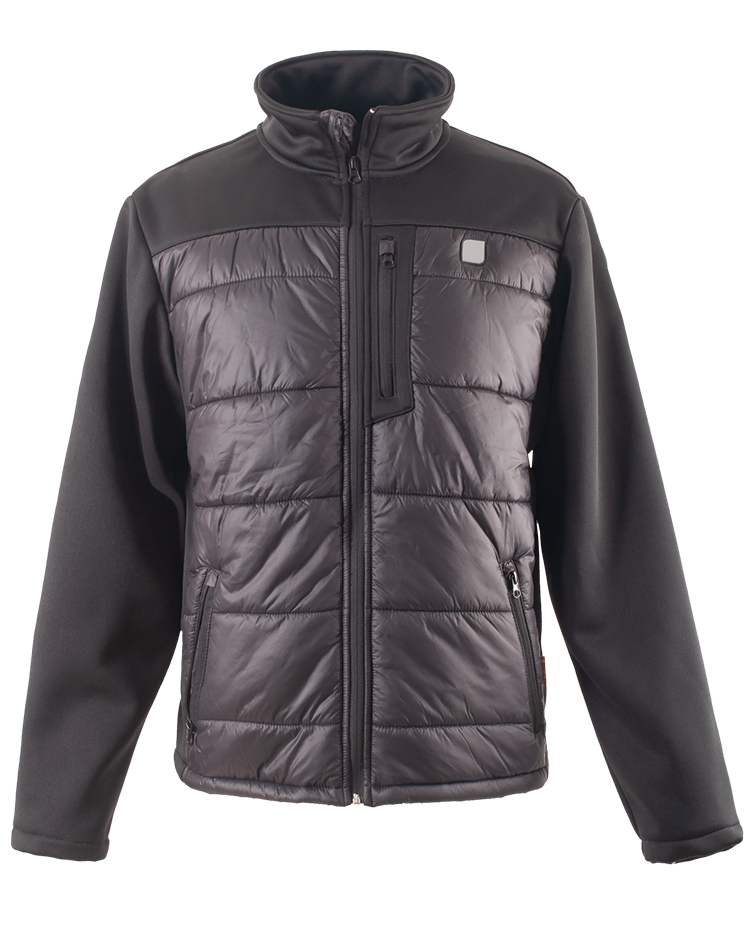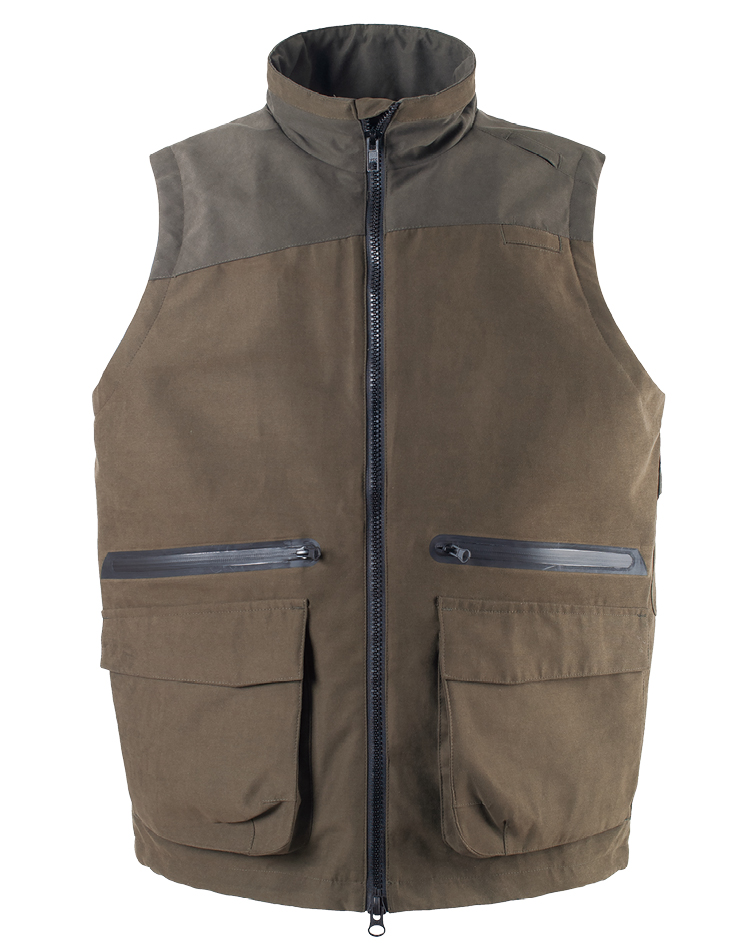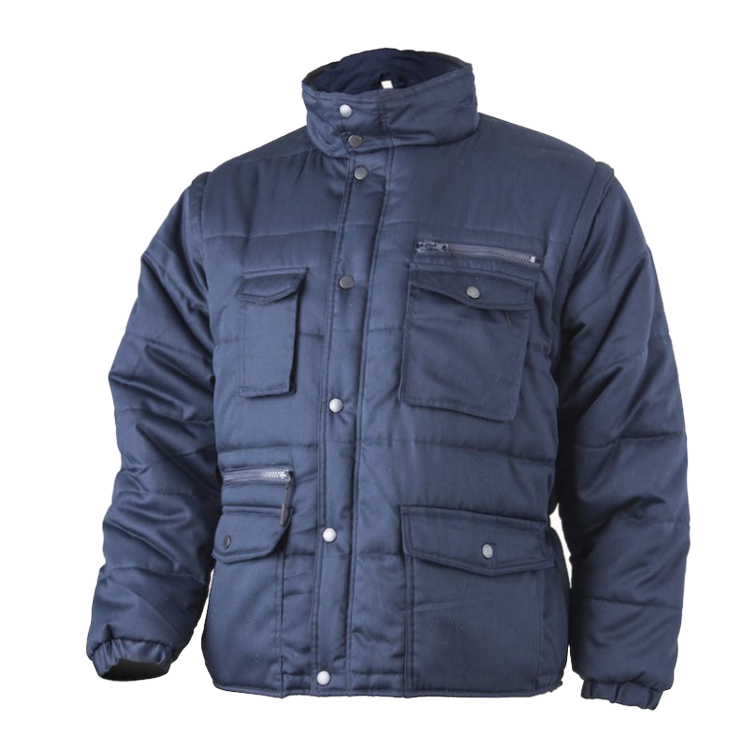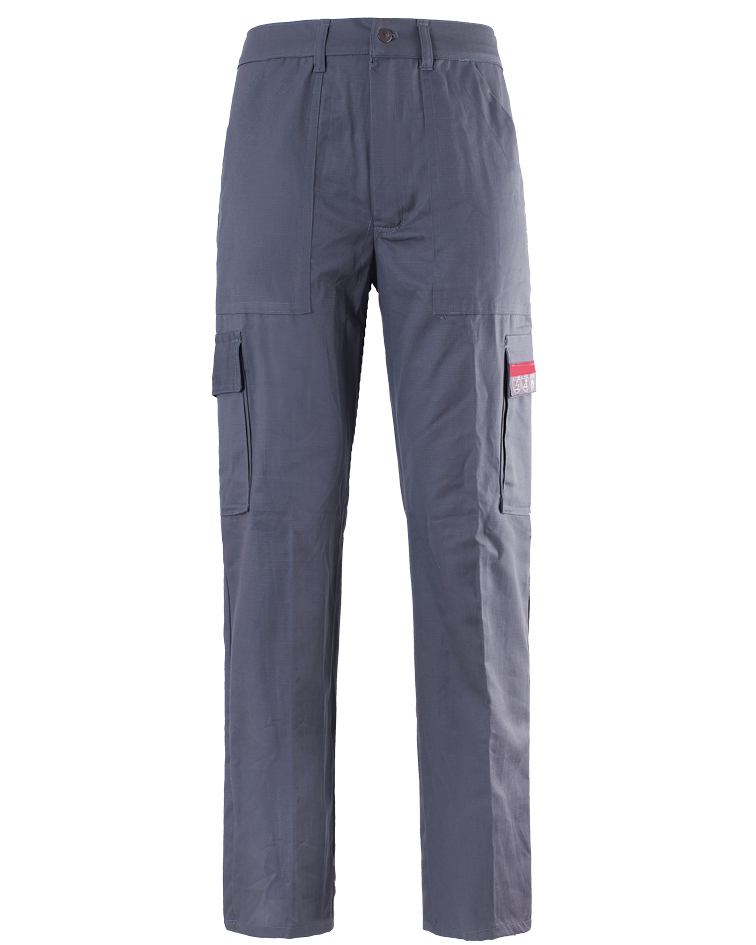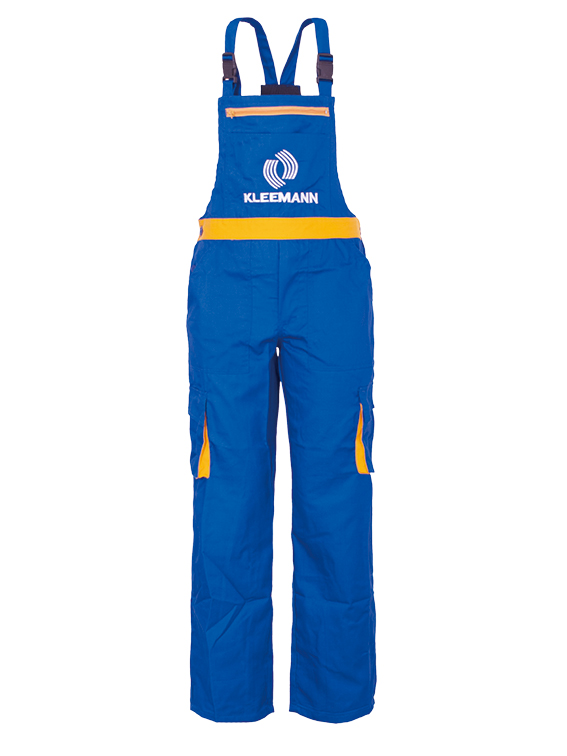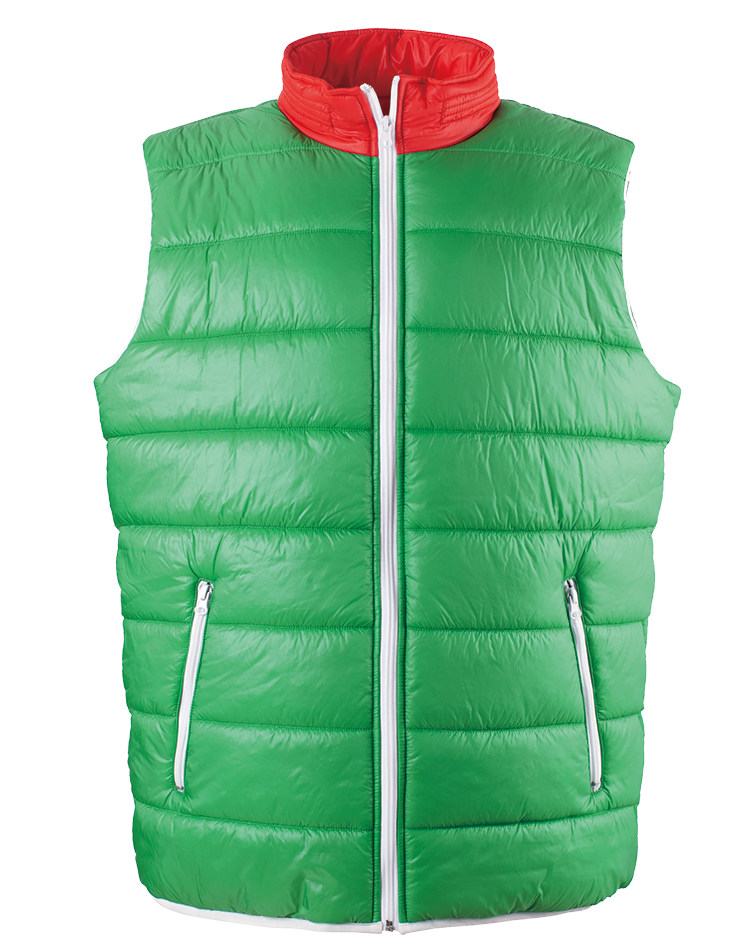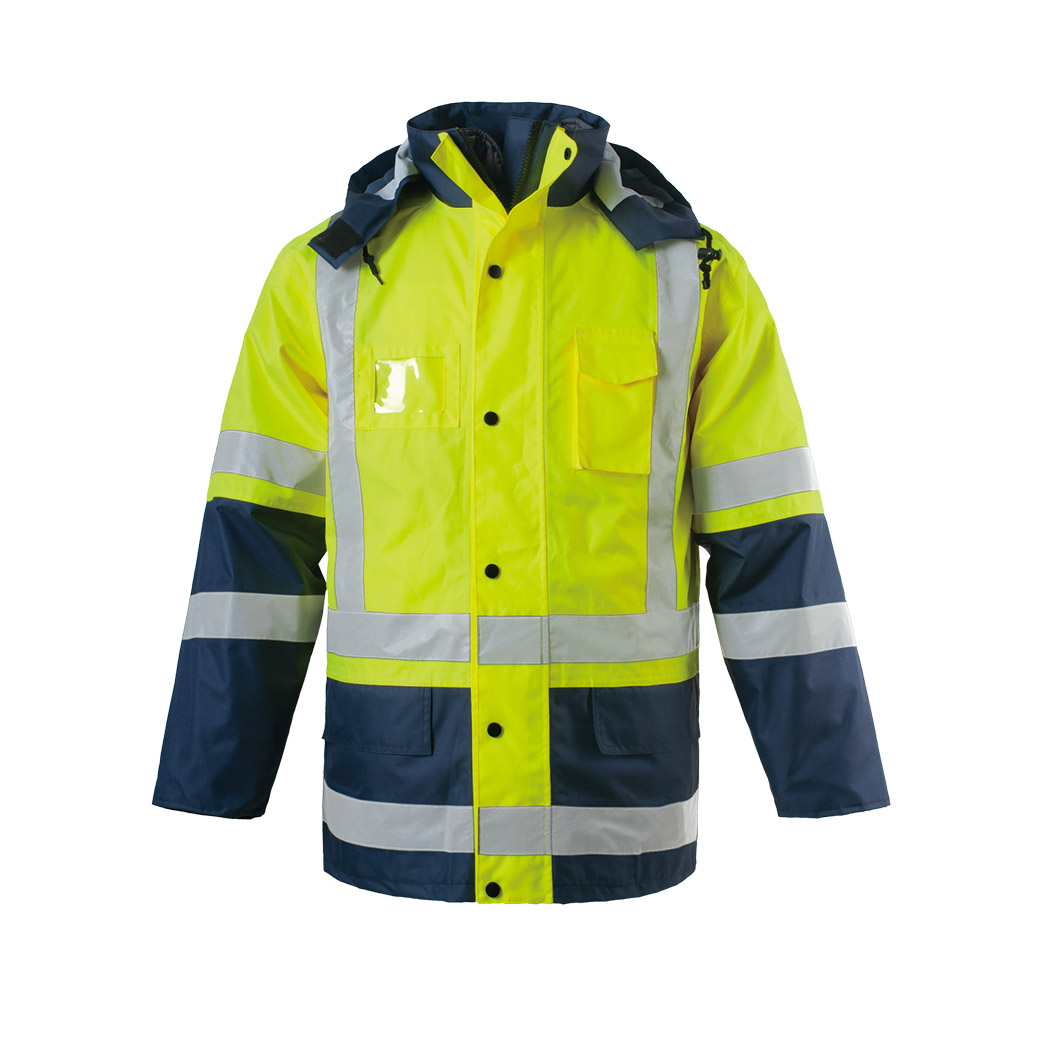Dear customers and friends:
BODY WARMER VEST: What buyers really want in winter
If you’re shortlisting ladies winter vests for retail, uniform programs, or outdoor crews, here’s the quick version: durability wins, and so does real warmth without bulk. I’ve spent enough winters on factory floors and trade shows to know—spec sheets matter, but comfort at 6 a.m. on a cold loading dock matters more.
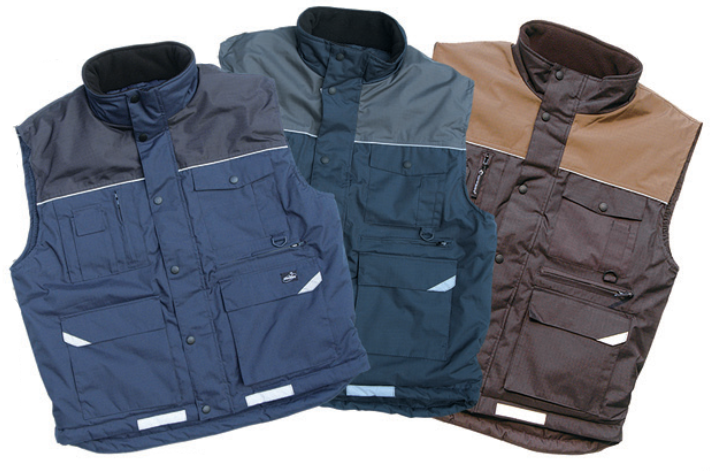
What’s trending this season
- Workwear crossover: city-chic silhouettes using industrial-grade shells.
- Layerability: vests that fit under shells or over hoodies—no arm bulk, zero fuss.
- Hard-wearing shells: ripstop textiles with practical waterproofing over fancy membranes.
Dellee’s BODY WARMER VEST leans into that: a DM355 ripstop pongee shell with PVC coating. It’s a mouthful, sure, but in practice it means dependable wind-block and credible water resistance at a sensible price point. Many customers say the pockets and easy-zip placket are small joys in frosty weather, which—honestly—tracks with what I’ve seen on warehouse runs.
Core specifications (real-world focused)
| Model | BODY WARMER VEST |
| Shell | DM355 ripstop pongee with PVC coated (abrasion resistant) |
| Insulation | Quilted polyester ≈180 g/m² (typical; project-dependent) |
| Lining | Poly taffeta for smooth layering |
| Water resistance | ISO 811 hydrostatic head ≈3,000–3,500 mm (lab; may vary) |
| Windproof | 0 CFM equivalent (PVC-coated shell blocks drafts) |
| Thermal | CLO ≈1.0–1.2 (mid-layer warmth; real-world use may vary) |
| Sizes | XS–2XL standard; extended sizes by request |
Test snapshots: internal lab showed Martindale abrasion ≈30,000 cycles (ISO 12947) and spray rating 90–100 (ISO 4920) on new fabric. Seam strength around 140 N (ISO 13935-2). To be honest, those are respectable numbers for daily work and commute use.
Where it shines
- Parcel, logistics, and field service crews needing core warmth and free arms.
- Retail and hospitality teams who still step outside for curbside runs.
- Commute wear—over a sweater, under a shell—classic ladies winter vests play.
Process flow and quality gates
Materials → ripstop pongee (DM355) + PVC coating; Insulation quilting → precision pattern cutting; Assembly → bartacks at stress points; Zippers and binding → inline QC; Final → water spray test (ISO 4920), dimensional stability, thread pull, needle check; Packing → polybag + carton.
Expected service life: ≈3–5 winters for typical consumer use; heavy industrial fleets may plan 1–2 seasons, depending on duty cycle and wash frequency.
Vendor comparison (indicative)
| Vendor | Shell / Rating | Insulation | MOQ | Lead Time | Certs | Notes |
|---|---|---|---|---|---|---|
| Dellee (BODY WARMER VEST) | DM355 + PVC ≈3K–3.5K mm | Poly quilt ≈180 g/m² | Flexible | 30–45 days | REACH, OEKO-TEX options | Workwear-grade durability |
| Market Vendor A | Taffeta PU ≈2K mm | Light poly fill | High | 45–60 days | Basic | Budget, lighter duty |
| Boutique Vendor B | Softshell laminate 5K | Premium loft | Low | 20–35 days | Broad | Higher cost positioning |
Customization and feedback
Colors, reflective piping, logo placements (embroidery/heat-transfer), zipper pulls, and size curves can be tuned. Actually, a small tweak like a drop-tail hem or elasticized armholes turns ladies winter vests from “fine” to “I live in this.” Many customers say fit runs true-to-size; consider upsizing for hoodie-layering programs.
Mini case study
A Nordic e-commerce fleet kitted 500 couriers with this vest as an over-sweater midlayer. Reported outcome after 10 weeks: fewer cold-weather complaints, pockets used for scanners without snagging, and returns under 2%. Not flashy—just solid.
Compliance and origin
Materials can be specified to comply with OEKO-TEX Standard 100 and EU REACH; factory supports ISO-style QC and can facilitate BSCI audits on request. Origin: 14/F., Yisheng Building, No.68 West Heping Road, Shijiazhuang, China.
Authoritative references
- ISO 811: Textile fabrics—Determination of resistance to water penetration—Hydrostatic pressure test.
- EN 14058: Protective clothing—Garments for protection against cool environments.
- OEKO-TEX Standard 100—Textile safety certification framework.
- EU REACH Regulation (EC) No 1907/2006—Registration, Evaluation, Authorisation and Restriction of Chemicals.
Post time: Oct . 18, 2025 17:45

